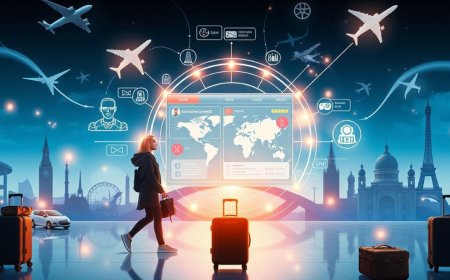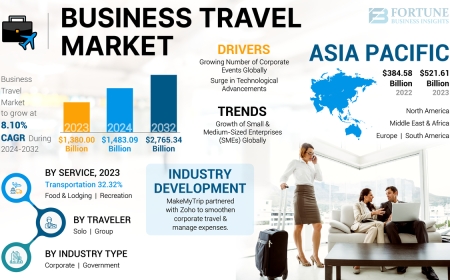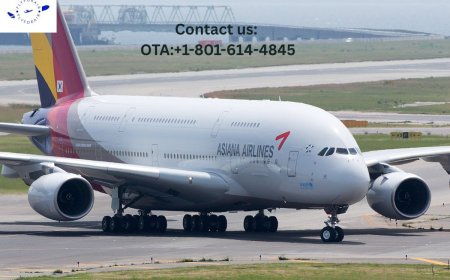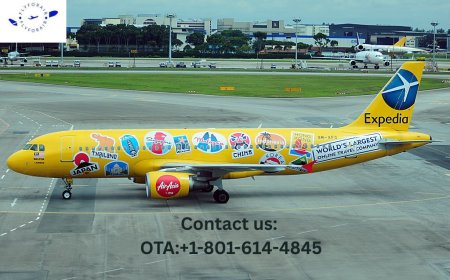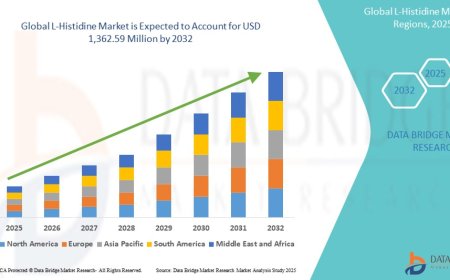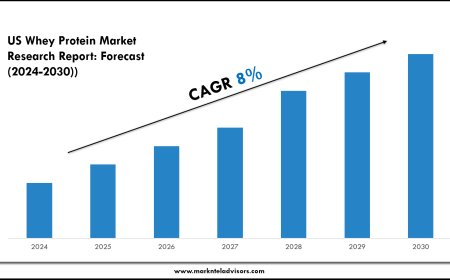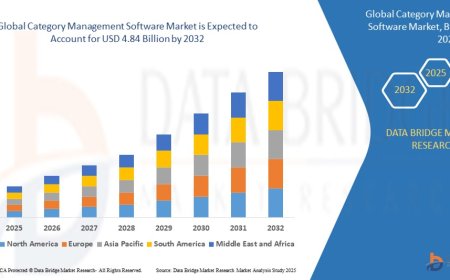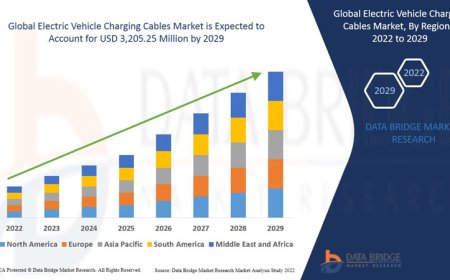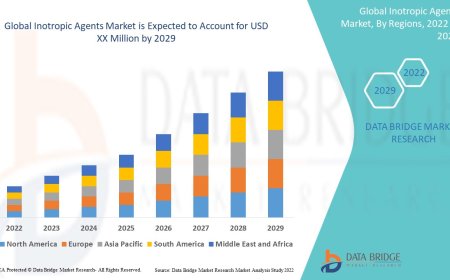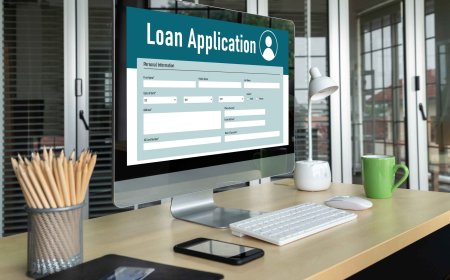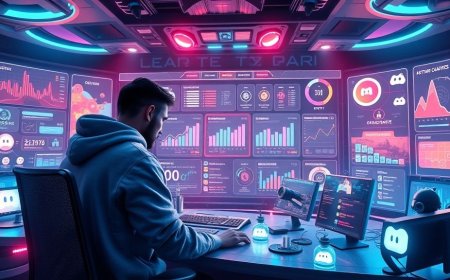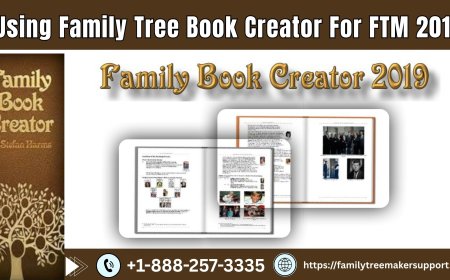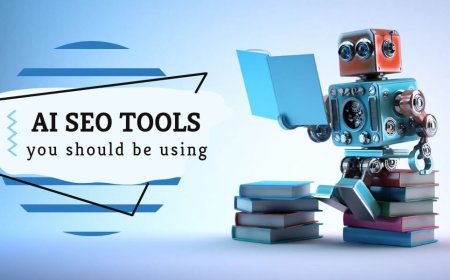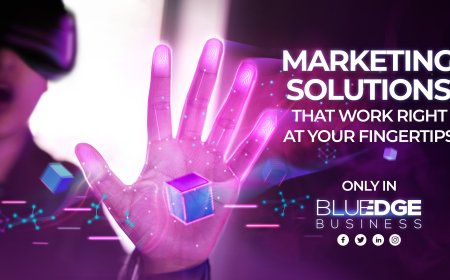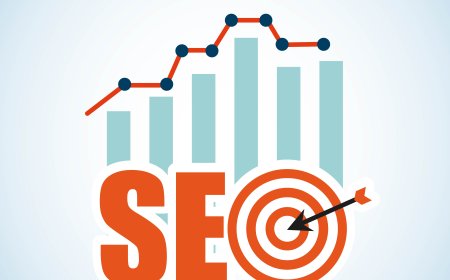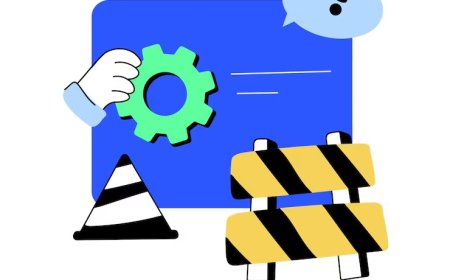How AI Lead Generation is Transforming the USA Travel Industry
Below is an overview of how AI-powered lead generation is reshaping the U.S. travel industry—boosting efficiency, personalizing offers and driving higher conversion rates

Below is an overview of how
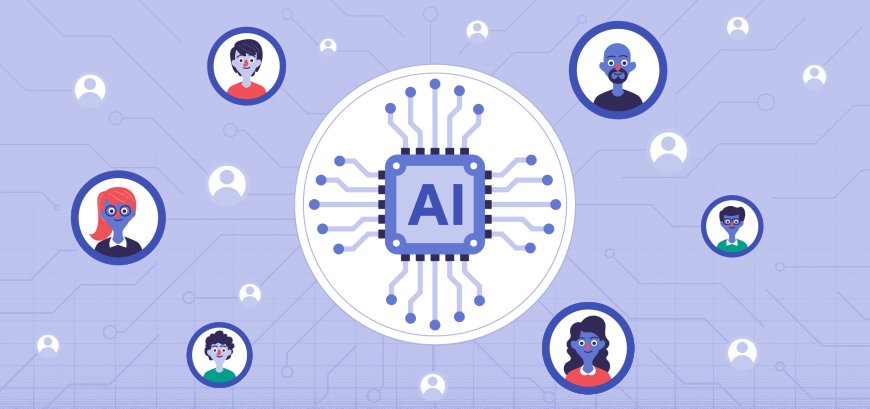
is reshaping the U.S. travel industryboosting efficiency, personalizing offers and driving higher conversion rates.
-
The Traditional Challenge in Travel Lead Generation
Fragmented customer data across booking engines, CRMs and social channels
Manual segmentation and campaign setupslow to adapt to customer behavior changes
Low email?open rates and costly paid-search bids with limited precision -
AI Technologies at the Core
a. Predictive Analytics & Machine Learning
Uses historical booking, browsing and demographic data to score leads by likelihood to book
Enables dynamic re-targeting: hottest prospects get higher bid budgets or special offers
b. Natural Language Processing (NLP) and Chatbots
24/7 conversational interfaces on websites, mobile apps and messaging platforms
Qualifies and nurtures leads via automated dialog, instantly capturing contact info and preferences
c. Recommendation Engines
Suggests tailored destinations, accommodations and activities based on traveler profiles
Cross-sells ancillary services (car rentals, tours, travel insurance) in real time
d. Automated Segmentation & Personalization
Clusters travelers by intent signals (e.g., family beach trip, solo business travel)
Sends hyper-relevant email or SMS campaigns keyed to budget, travel dates and past behavior
e. Dynamic Pricing & Revenue Management
Adjusts package prices minute-by-minute according to demand forecasts and competitive pricing
Triggers limited-time offers to just-in-time leads, increasing urgency and conversion -
Key Benefits for U.S. Travel Marketers
Increased Conversion RatesAI scoring can boost lead-to-book conversion by 2040%
Lower Cost Per Acquisitionmore precise ad targeting reduces wasted spend on low-intent audiences
Faster Lead Nurturingchatbots and automated workflows respond instantly, cutting lead decay
ScalabilityAI scales personal outreach to millions of visitors without ballooning headcount
Enhanced Customer Experiencetailored trips, real-time support and predictive offers drive loyalty -
Real-World Examples
Expedia Group: Uses ML models to predict customer willingness to pay and serves personalized hotel bundle deals, lifting ancillary revenue by 15%.
Airbnb: Deploys AI-driven onboarding bots that guide new users through account setup and property search, raising sign-up conversions by 25%.
Southwest Airlines: Implements dynamic email personalization to re-engage web browsers with last-viewed route offers, achieving a 3 boost in click-through rates.
Kayak: Employs predictive price-drop alerts via mobile push notifications, driving timely bookings and reducing cart abandonment by 18%. -
Challenges & Considerations
Data Privacy & Compliancetravel data is personally sensitive; strict adherence to GDPR and CCPA is a must.
Data Quality & Integrationfragmented legacy systems can hamper model accuracy unless unified under a single data lake or CDP.
Algorithmic Biasuneven representation in training data may skew recommendations; ongoing monitoring and auditing are required.
Change Managementteams must be trained to trust AI insights and shift from manual to data-driven workflows. -
Best Practices for Successful AI Lead Generation
- Centralize and Cleanse Databuild a 360 traveler profile by unifying CRM, web analytics, mobile app and third-party data.
- Start Small, Iterate Fastpilot AI chatbots or predictive models on a single route or property portfolio, measure ROI, then scale out.
- Blend Human & AIuse AI to qualify and score leads, but involve human agents for high-value or complex travel requests.
- Monitor, Measure & Optimizetrack KPIs (lead scoring accuracy, response times, conversion lift) and retrain models monthly.
- Maintain Transparencyclearly disclose use of chatbots and data-driven pricing to preserve traveler trust.
-
Looking Ahead: The Next Frontier
Generative AI Trip Plannerson-demand itineraries complete with flights, stays and experiences, crafted via conversational prompts.
Augmented Reality Previewsimmersive AR tours that drive higher engagement and faster decision-making.
Hyper-local, Real-Time Offersleveraging IoT and beacon data at airports or resorts to serve micro-offers as travelers move through venues.
Conclusion
AI-driven lead generation is no longer optional for U.S. travel brands aiming to stand out in a crowded market. By harnessing machine learning, NLP chatbots, dynamic pricing and recommendation engines, travel marketers can attract higher-value prospects, automate nurturing at scale and deliver the personalized experiences modern travelers expect. Implemented thoughtfullywith attention to data governance, bias mitigation and seamless human-AI collaborationthis transformation drives measurable ROI and sets the stage for ever more innovative, customer-centric travel services.




